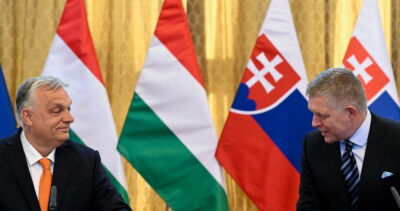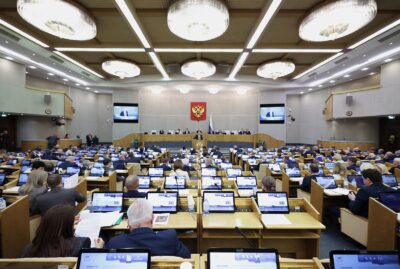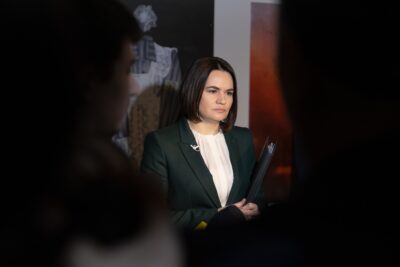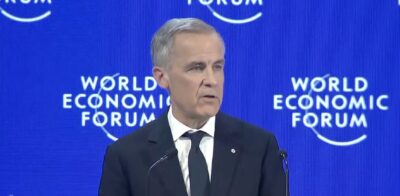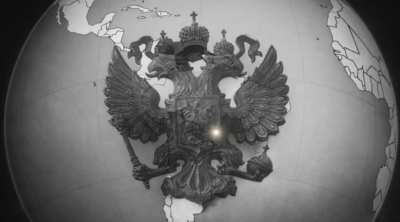The Price of Security: Moldova’s Electricity Market in 2025
The year 2025 proved to be a breakthrough year for Moldova in terms of energy security, yet it was also exceptionally challenging due to rising electricity prices. Following the suspension of natural gas deliveries to the MGRES power plant (located in Transnistria) via Ukrainian territory – a facility that for many years served as a pillar of the national power system –...
More →

